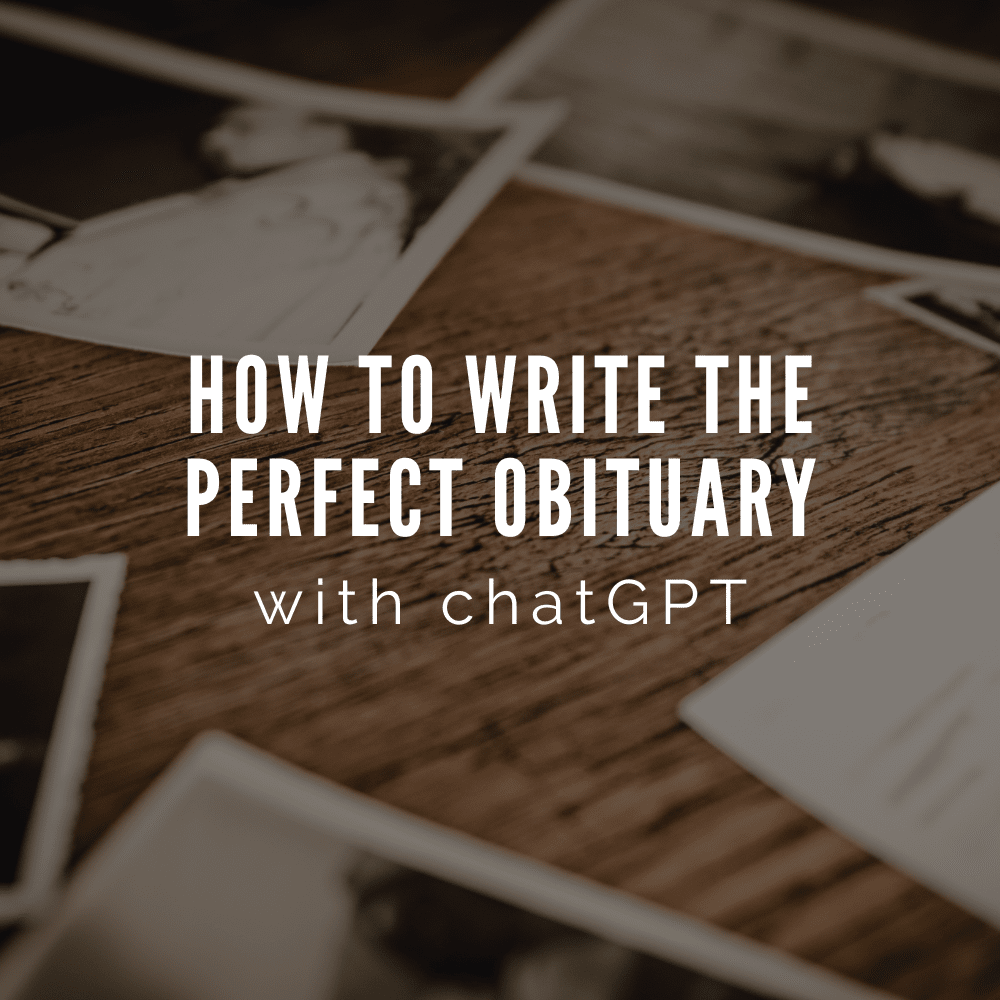What Happens to Your House If You Die Without a Will?
What Happens to Your House If You Die Without a Will?
No one likes to think about dying, but understanding what happens to your property—especially your home—if you die without a will is essential. Whether you’re single, married, or have a family, dying “intestate” (the legal term for dying without a will) means you leave it up to state law to decide what happens to your assets, including your house.
1. Your House Becomes Part of the Estate
When someone dies without a will, everything they own becomes part of what’s called their “estate.” That includes bank accounts, cars, personal belongings—and yes, the house. The estate then goes through a legal process called probate, where a court oversees the distribution of assets.
2. Who Inherits the House?
Without a will, your state’s intestate succession laws take over. These laws vary by state, but here’s a general breakdown:
- If you’re married: Your spouse often inherits most or all of the house, depending on whether you have children from another relationship.
- If you’re single with children: Your children usually inherit your estate equally.
- If you’re single with no children: Your parents, siblings, or other relatives may inherit the house, depending on who survives you.
- If you’re unmarried but cohabiting: Your partner may not inherit anything unless you have a will. They may have to move out—even if they lived in the house with you.
3. What If Multiple Heirs Inherit the House?
If more than one person inherits the house—say, multiple children or siblings—they all own it jointly. This can lead to complications:
- One heir may want to keep it while others want to sell.
- They may disagree on upkeep, renting it out, or dividing the profits.
If they can’t agree, the property might end up in a partition sale, where the court forces a sale and splits the proceeds.
4. Debts and the Mortgage Still Matter
Before anyone inherits the house, the estate must settle debts. If the house has a mortgage, it still has to be paid. The lender may:
- Allow heirs to assume the mortgage
- Demand the balance be paid off
- Foreclose if payments aren’t made
Creditors may also place claims against the estate. If there isn’t enough money to pay them, the house might need to be sold to cover those debts.
5. Avoiding Intestacy: Why a Will Matters
Dying without a will can create stress, delay, and conflict for your loved ones. With a will, you get to:
- Decide who inherits your home
- Make specific provisions for loved ones
- Appoint someone you trust to handle your estate
In some cases, you can even use tools like a transfer-on-death deed (available in some states) to name a beneficiary for your house, bypassing probate altogether.
Final Thoughts
Your home is likely one of your biggest assets. If you die without a will, who gets it—and how—is up to state law, not you. Creating a simple will, or speaking with an estate planning attorney, can save your loved ones a lot of time, money, and uncertainty down the road.
